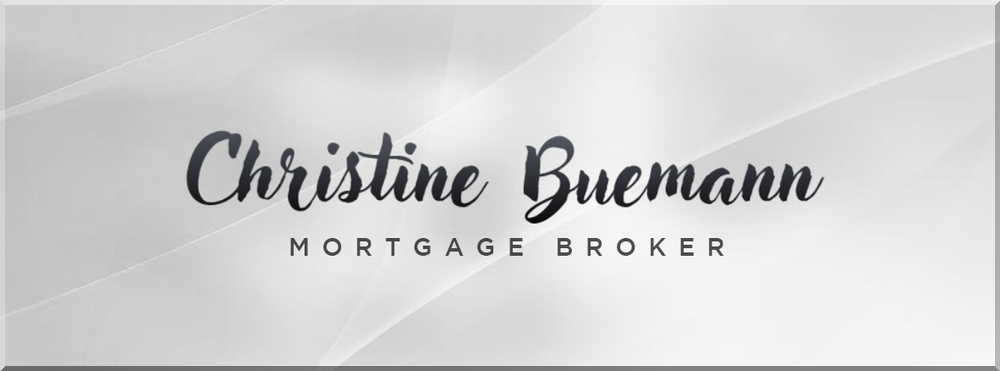I have had a wonderful experience for the past 3 years at Key Life WCF but unfortunately as a growing company, they needed my office space for a new advisor. As of June 1 st , I have moved back in with Angela Crowe from Raymond James. She has just opened a new office and has completely renovated the inside. It looks awesome and I am excited to be here. My new office address is 1338 Central Street East. Here is a link to Google Maps . All of my other contact information will remain the same. Please feel free to stop by and grab a coffee and check out my new space. As always, if you or anyone you know have any mortgage questions, I am always happy to help. Have a great day! www.christinebuemann.com
